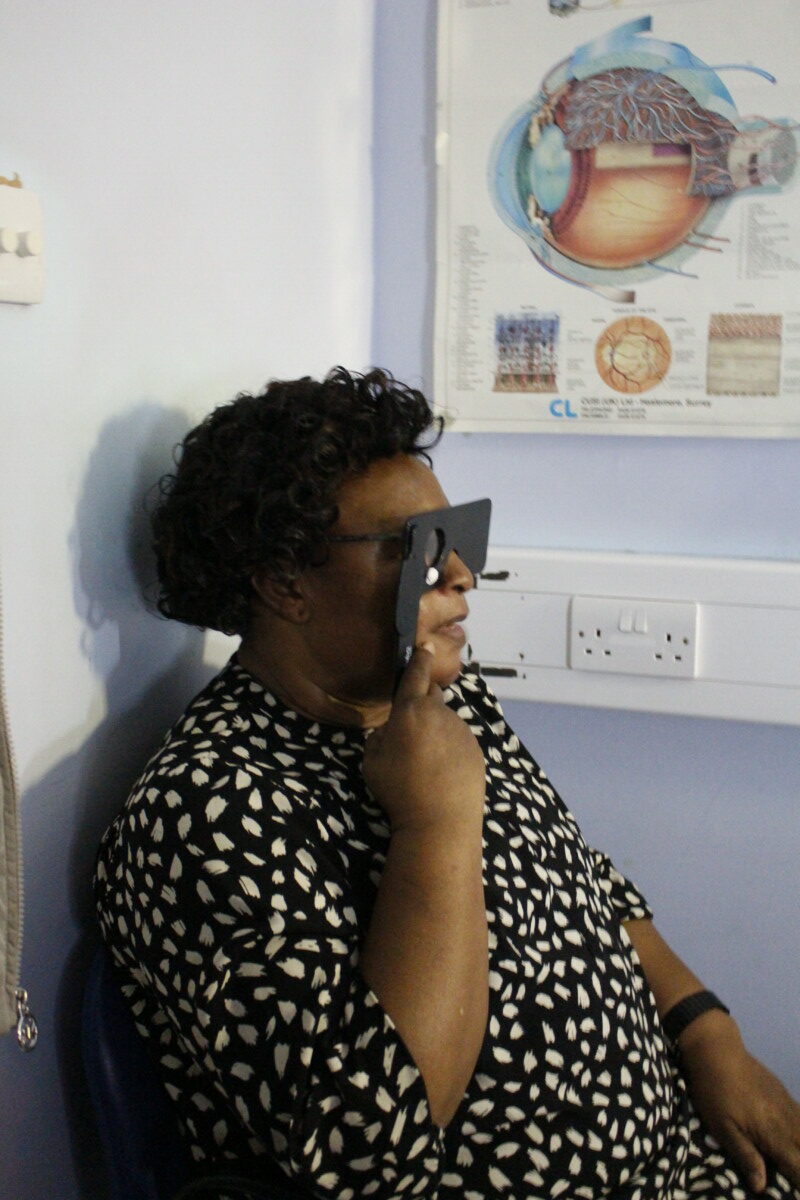Why do I need this screening?
 Eye screening is a key part of diabetes care, and newly diagnosed diabetic patients aged 12 or older will usually be invited for specialist diabetic eye screening every year, or every 2 years if the last 2 tests found no signs of developing diabetic retinopathy. If left untreated, diabetic retinopathy can cause sight loss.
Eye screening is a key part of diabetes care, and newly diagnosed diabetic patients aged 12 or older will usually be invited for specialist diabetic eye screening every year, or every 2 years if the last 2 tests found no signs of developing diabetic retinopathy. If left untreated, diabetic retinopathy can cause sight loss.
Screening can detect the condition early and before any changes to the vision are noted by the patient and where needed the patient can be referred into hospital eye services for treatment. Early treatment can prevent severe sight loss.
Each year we discover sight-threatening eye disease in about 74,000 people across Bedfordshire, Luton and Milton Keynes (BLMK) and arrange for treatment, with the aim of preventing deterioration in vision.
The eye screening programme aims to pick up eye damage at a stage when treatment has the best chance of working: treatment at this stage is effective at reducing loss of sight due to diabetes. Treatment is often needed well before the diabetes has had any effect on vision. Diabetes does not usually affect your eyesight until the changes are quite far gone. This is why screening is important.
Good control of your diabetes and of your blood pressure reduce the risk of developing eye disease due to diabetes. Our diabetes eye screening service is part of the National Diabetic Eye Screening Programme for Diabetic Retinopathy.
Diabetes eye screening is designed to pick up diabetes-related problems, but not other eye disorders. It does not replace getting your eyes checked at an annual visit to your optometrist (optician).
Information for the public about Diabetic Eye Screening (DES) can be found in the below videos.
